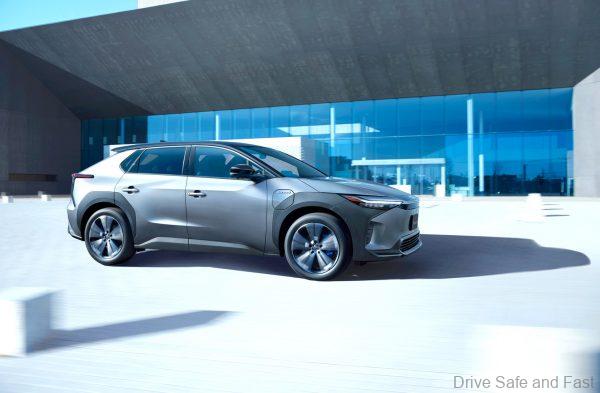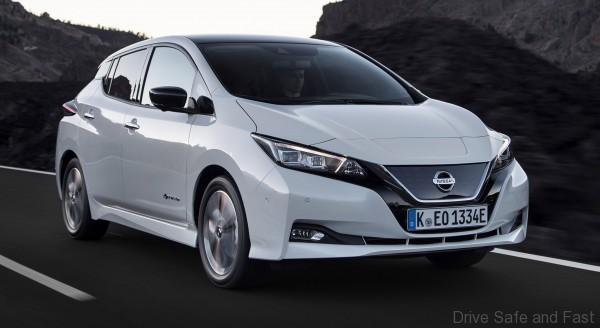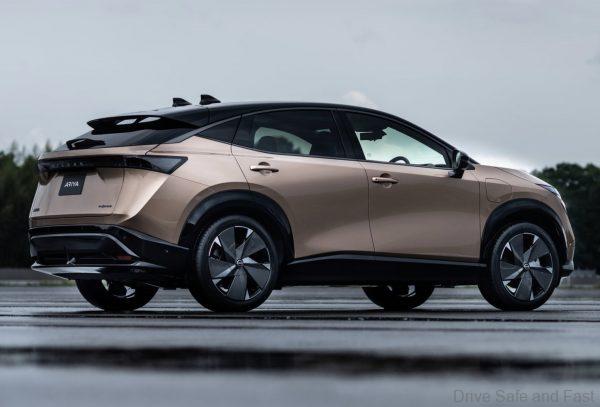Should Malaysian government officials and GLCs start adopting EVs?
*Editor’s Note*
Environment and Water Minister Tuan Ibrahim issued a statement today. Electric vehicles will be used as official transportation beginning 2023.
***
The Malaysian government has been trying to incentivise electric vehicle adoption. To this effect they’ve removed the import and excise duties on all electric vehicles, making them very competitive against regularly taxed premium vehicles in Malaysia. But what else can the government do to increase adoption? After all, many private consumers are still to fully replace their ICE-powered vehicles without proper charging infrastructure in place. And without enough electric vehicles on the road, pricey electric vehicle charging infrastructure doesn’t look like a very good investment.

It’s a chicken and egg situation. One way to resolve this is to help get more EVs in the hands of government-linked companies and ministry fleets. As it is, there are no locally-produced electric vehicles from home grown brands like Proton and Perodua. However, it’s clear that our government isn’t against using non-national cars in government fleets. After all, our ministers now ride around in Toyota Alphards!

So with that in mind, maybe the government should start upgrading the ageing fleets of various GLCs with electric vehicles. The fleets don’t have to be switched 100% to EVs. But mandating a certain percentage of electric vehicles in government-related fleets would definitely help put more of these on the road.

As for the ministers themselves, they can probably be ferried around in something slightly upmarket but not too stripped down either. The Toyota bZ4X and Nissan Ariya come to mind. These are not too flashy and they’re respectable enough for ministers to be seen in. It may even be possible to work out a deal with the local brand guardians for these two vehicles to let them serve as hero products with high visibility to the public.

We think this plan makes a lot of sense and in fact, a recent government document seemed to indicate that this was in the pipeline. Here’s a excerpt from that document:
Action Plan 3.1
Government lead by example
Adoption of EV in government and GLC fleets can be considered low hanging fruit compared to EV adoption by private vehicle users. Adoption of EV in these fleets will work as catalysts for wider adoption. Significant EV adoption will kickstart market acceptance and develop a workable business model for EV local manufacturing. EVs in government and GLC fleets can also become road advertisements for EV usage.
Objectives
- To establish EV procurement for government fleet via open tender.
- To establish EV procurement for GLC fleet.
Action items
- 3.1 A: Establish EV procurement for government fleet via open tender.
- a. Implement EV procurement for government fleet (2021 – 2030)
- b. Create additional scoring for local content (2021 – 2025).
- c. Establish 10% target of new government fleet to be BEV (2022).
- d. Establish 50% target of new government fleet to be BEV (2023 – 2025).
- e. Establish local product qualification for tender participation (2025 – 2030).
- 3.1 B: Establish EV procurement for GLC fleet.
- a. Provide tax incentives under Green Investment Technology Assets (GITA) scheme for purchase of Green Technology Assets until 2030.
- b. Establish 20% target of new GLC fleet to be BEV (2023 – 2025)
- c. Establish 50% target of new GLC fleet to be locally manufactured BEV (2026 – 2030).


